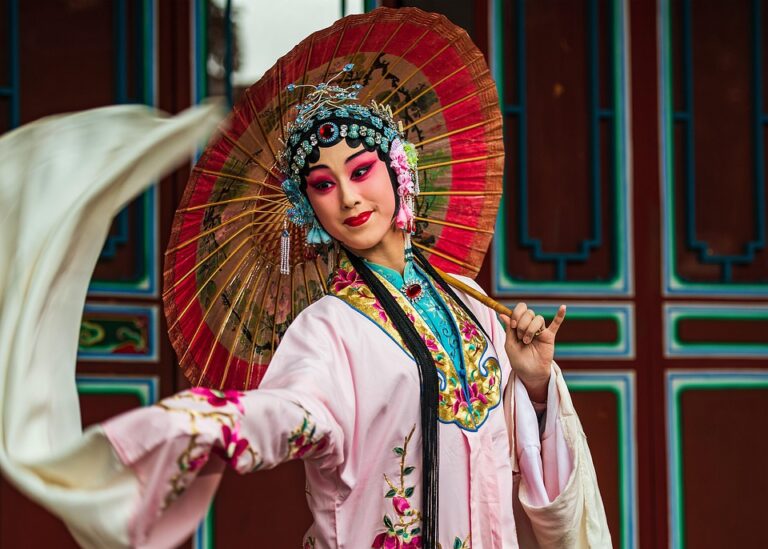From Pixels to Community: The Evolution of Online Gaming Culture
Online gaming culture has steadily transformed over the decades, evolving from solitary pixelated experiences into vibrant communities filled with shared passions and connections. The gaming culture we know today is a tapestry woven from technology advancements, an influx of players, and a shared desire for social interaction. In this article, we’ll explore how gaming has transitioned from isolated enjoyment to a rich culture that fosters community and collaboration.
The Dawn of Online Gaming
Initially, video games were standalone experiences. Players would engage with pixelated graphics on their screens, often alone for hours. However, the early 1990s saw the birth of online gaming—a revolutionary shift that introduced multiplayer experiences. Games like Doom and Ultima Online allowed players to connect and compete, laying the groundwork for what would evolve into a global gaming culture.
Statistics Spotlight
Recent statistics illuminate the growing significance of gaming within modern culture. According to a report by Newzoo, the global gaming market is expected to surpass $200 billion by 2023, demonstrating an impressive increase in participation and financial investment. With 3 billion gamers worldwide, the reach of gaming culture is now more extensive than ever.
The Rise of Community-Driven Models
The advent of social media platforms and streaming services has interconnected gamers like never before. Online gaming is no longer just about competition; it has fostered communities that promote collaboration, support, and social interaction, forming a multi-faceted gaming culture.
The Power of Streaming
Platforms such as Twitch and YouTube have revolutionized the way gamers engage with one another. Streaming has transformed regular players into celebrities, allowing millions to watch live gameplay and interact with their favorite gamers. The ability to engage with content creators in real-time has created a sense of belonging within the gaming culture.
For example, the rise of platforms has enabled popular Twitch streamers like Ninja, who famously made headlines for his Fortnite streams, to interact with millions, creating a community transcending geographical boundaries. It’s a perfect illustration of how gaming culture has shifted from simple entertainment to a shared social experience.
Community Engagement through Gaming Events
Major gaming events, such as ESports tournaments and conventions like PAX, bring together fans to celebrate their shared interests. Such gatherings showcase the social aspect of gaming culture, turning casual players into dedicated communities through shared experiences.
Some noteworthy statistics indicate the exponential growth of esports—data from Statista shows that the global esports audience is expected to reach 650 million by 2024, reflecting the widespread acceptance of gaming as a spectator sport.
The Evolution of Gaming Culture
As gaming evolved, so did the societal perceptions surrounding it. The stereotype of gamers as reclusive and antisocial individuals has largely dissipated. Today’s gaming culture promotes inclusivity, diversity, and social interaction, breaking down barriers among individuals from various backgrounds.
Inclusivity and Diversity
The industry has made strides toward inclusivity, with increased representation of gender, race, and sexuality in games. Developers are increasingly creating content that resonates with diverse audiences, allowing players to see themselves represented in the virtual worlds they explore. This progress has helped foster a welcoming gaming culture that encourages individuals to engage and participate.
The Role of Game Development
Game developers play an essential role in shaping gaming culture. Innovative titles such as Animal Crossing: New Horizons and Among Us not only entertained but also served as platforms for social connection, embodying the community-driven spirit that characterizes contemporary gaming culture. These titles helped establish social gaming as a legitimate cultural phenomenon, providing a space where players could gather, collaborate, and forge friendships.
Conclusion: The Future Awaits
The evolution of online gaming culture has been remarkable, transforming from isolated pixels into a thriving community where millions engage and interact. With advances in technology and an ever-growing player base, the future of gaming culture looks promising. As we forge ahead, we can expect even more innovation and opportunities for connection to emerge within the gaming world.
To dive deeper into gaming trends, check out our articles on The Rise of Esports: A Cultural Phenomenon and How Streaming is Reshaping Entertainment on buzzo.live. For further reading about the gaming industry’s future, explore Newzoo’s Global Games Market Report and Statista’s eSports Statistics.


By examining the intricate layers of gaming culture, we can appreciate its transformation into a vibrant social landscape that continues to grow and adapt, promising an exciting future for gamers everywhere.


